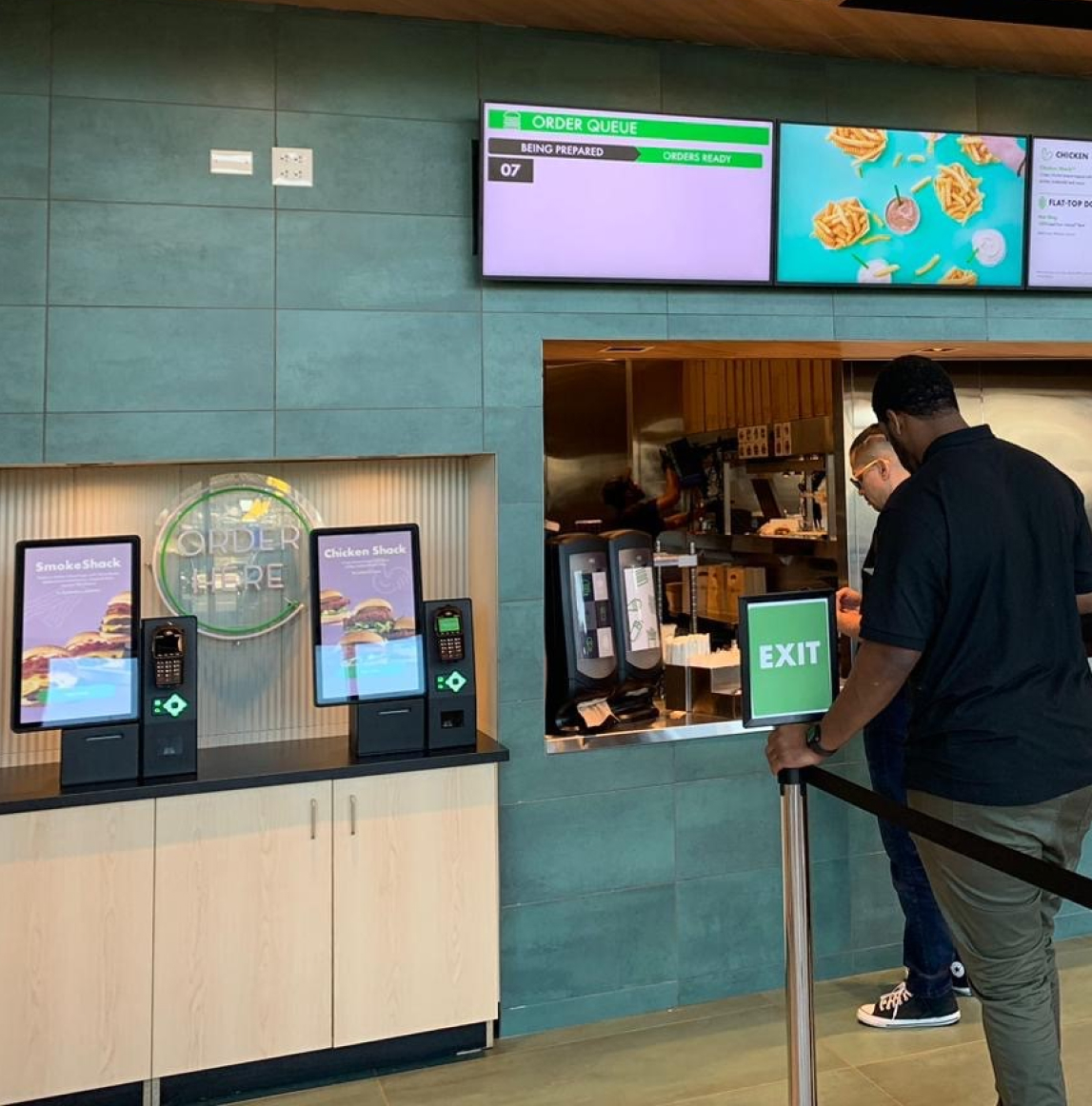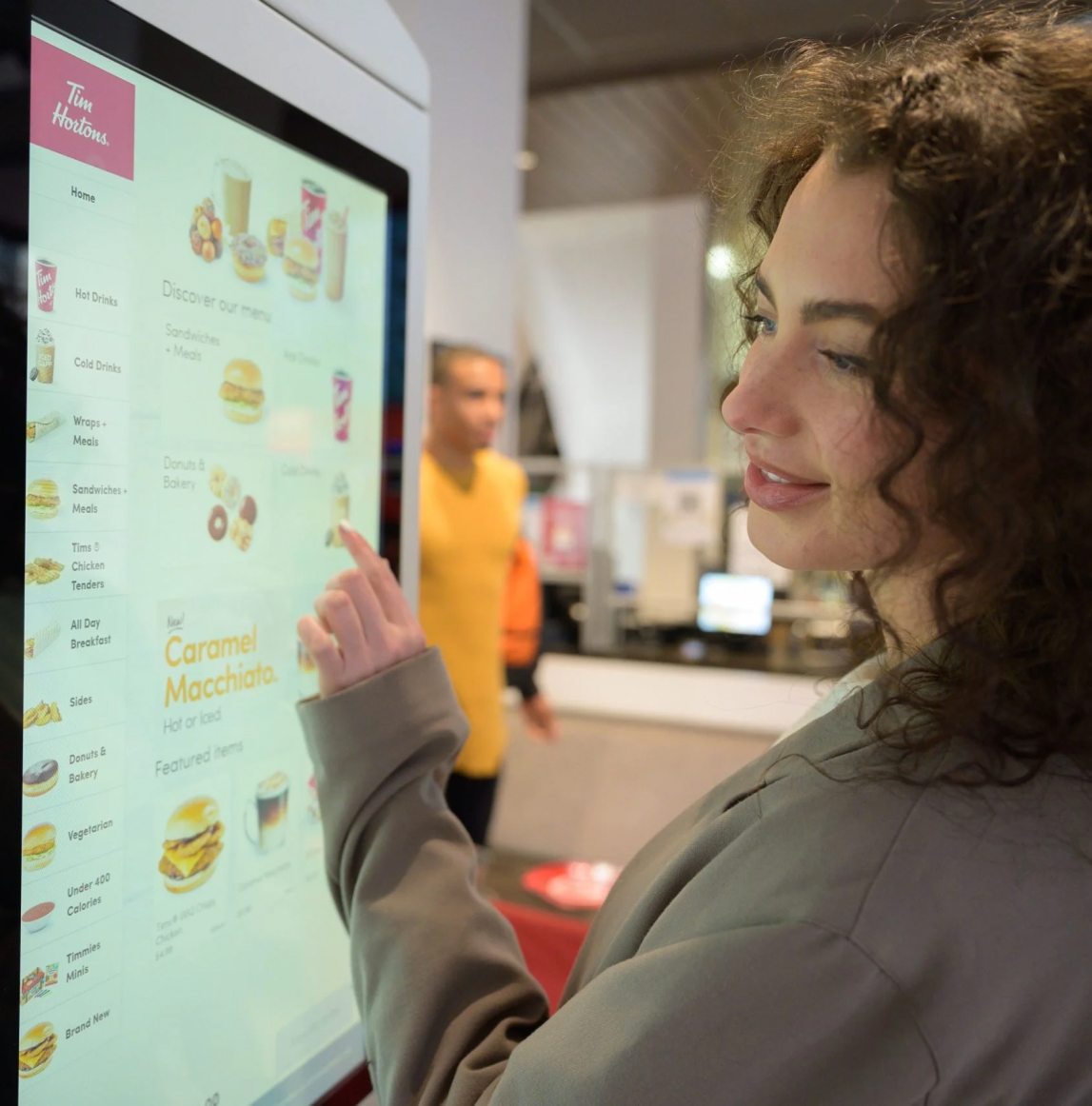.jpg)
How much does a self-ordering kiosk cost?
Kiosk investment is often centered around one question: “How much does a restaurant self-ordering...
For restaurants, hotels and retailers investing in self-service kiosks, accessibility is a fundamental part of the guest journey. The Americans with Disabilities Act (ADA) sets the standards to make sure every customer can interact with your technology independently and with ease. Compliance is one part of the story, but the real value comes when accessible design improves the overall experience. Well-designed kiosks create smoother service, reduce pressure on staff and make guests more likely to return.
The American Disabilities Act (ADA) is a landmark piece of US legislation that protects the rights of people with disabilities. For businesses, it means ensuring physical spaces, services, and digital technologies are accessible to all guests.
According to the (U.S, Centers for Disease Control and Prevention (CDC), 1 in 4 adults in the US has a disability. That is more than 70 million people who could benefit from accessible kiosk design, and whose experience directly affects your reputation and revenue.

For self-service kiosks, ADA compliance covers a range of design considerations:
Failing to meet these standards can expose a business to legal and financial consequences, while also creating a poor experience for customers who expect your kiosks to be easy to use. Your technology should work for people with disabilities as easily as it does for everyone else.
The ADA applies across industries, but the way it influences kiosk design looks different depending on the setting.
A hotel guest, a diner in a busy restaurant and a shopper in a retail store all have different expectations, and the regulations are there to make sure each of them can interact with your kiosks confidently and independently.
Guests want to check in quickly, without queues at reception. ADA-compliant kiosks make this possible for everyone, with touchpoints that are accessible to guests in wheelchairs, clear on-screen navigation, and integration with loyalty and booking systems.
Ordering kiosks are now standard in QSR and fast casual dining. ADA compliance ensures that every customer can place their order independently, whether that means adjustable screen height, audio support for those with visual impairments, or intuitive flows that reduce complexity.
From click-and-collect to endless aisle kiosks, retail guests expect convenience. The ADA makes sure those experiences are open to all shoppers, with hardware and software designed to be inclusive while still delivering efficiency at scale.
Whether you operate a single site or manage locations across the US, ADA requirements apply. Compliance is essential not only to meet legal standards but to make sure every customer can engage with your kiosks in a consistent and accessible way.
At Evoke, accessibility is built into the way we design, manufacture and support kiosks. From the earliest concept stage through to deployment and ongoing updates, we work with brands to make sure every unit meets ADA requirements and feels simple to use for every customer.
That means:
Accessibility is built-in to our systems, meaning they are already aligned with guest expectations and experience in mind.
The ADA sets the benchmark for accessibility, but the real measure is how guests experience your kiosks day to day. By making compliance part of your strategy now, you protect your business, strengthen your brand and welcome more customers through your doors.

.jpg)
Kiosk investment is often centered around one question: “How much does a restaurant self-ordering...

For restaurants, hotels and retailers investing in self-service kiosks, accessibility is a...

Most see self-ordering kiosks in QSRs and other fast-casual dining spots as a way of reducing...